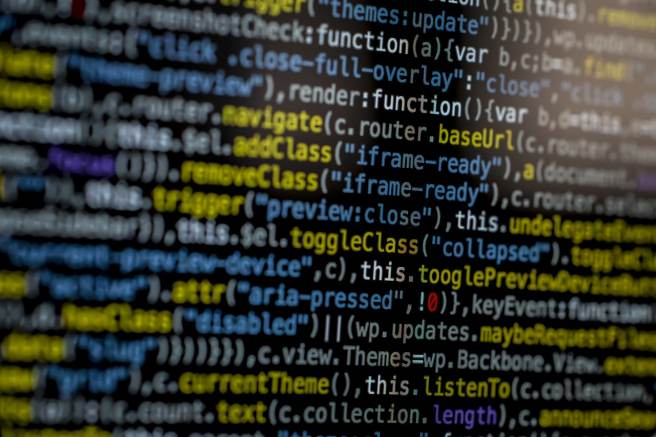Potential damage to astronauts’ health on Mars mission assessed

The effect of exposure to deep space radiance on astronauts’ health is one of the major concerns of planning a mission to Mars. Therefore, National Aeronautics and Space Administration (NASA) funded a study to assess the exact impact of cosmic radiation. The study was conducted by researchers at Wake Forest Institute for Regenerative Medicine who transplanted human stem cells in mice to demonstrate the potential effects of the conditions in deep space on humans. The use of stem cells is significant because these cells generate various types of blood cells that are responsible for vital functions such as transporting oxygen and providing immunity against malignant cells.
When the stem cells were exposed to solar energetic particles (SEP) and galactic cosmic ray (GCR) in doses relevant to Mars mission, the researchers observed that the exposure had a debilitating effect on human hematopoietic stem cells. These cells’ ability to produce blood cells went down by 60-80%. Moreover, the radiation caused the mice to develop T-cell acute lymphoblastic leukemia, which is an indication of radiation-induced mutations and a compromised immune system. Previous studies have shown that weightlessness even during short outer space missions has an adverse effect on a human immune function. Thus, a roundtrip to Mars that would take three years of stay in deep space could have disastrous effects on humans. These findings will help NASA make space missions safer.
Read more in Science Daily.


